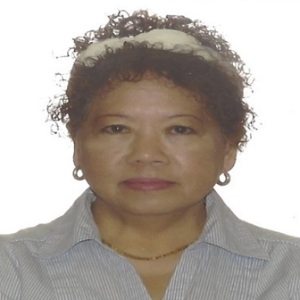Role of Nurses in Diseases Control
The importance of nurses cannot be overstated. Nurses not only offer vital care to patients in need, but they also act as change agents, advocating for patients and supporting health-system improvements. Disease management is a comprehensive method to provide health care services to a person or a group of people who are experiencing the symptoms of a disease. It entails the bringing together and coordinating of numerous systems in order to provide an all-encompassing approach to health-care delivery. During a disease outbreak, nurses in public and community health clinics usually go about their normal business. However, in order to minimise disease, spread and safeguard their own and their patients' health, the way they do so may alter. Nurses in community or public health clinics who have regular and continuous interaction with community members are in a great position to spot new or re-emerging diseases.
- Communicable Disease Control
- Public Health Nursing
- Infectious Disease Control
- Pandemic Management

Nina Beaman
Aspen University, United States
Daryle Wane
Pasco-Hernando State College, United States
Robin Adams Geiger
Ingenovis Health, United States
Elvessa Narvasa
Quebec CCN, Canada
Sue Roe
The Roe Group Enterprises, LLC, United States
Maria Kozlowski Gibson
Cleveland State University, United States


Title : Nurse as designer: Innovative practice contributing to nursing science
Jean Ross, Otago Polytechnic, New Zealand
Title : Creating a culture of mentorship: Empowering nurses to reach their full potential
Robin Adams Geiger, Ingenovis Health, United States
Title : Emerging paradigm of patient care in the age of wearable technology
Elvessa Narvasa, Quebec CCN, Canada
Title : Late adverse effects of the treatment for childhood cancer
Jelena Roganovic, University of Rijeka, Croatia (Hrvatska)
Title : Relevance of clinical practice in nursing education
Daryle Wane, Pasco-Hernando State College, United States
Title : The neurobiology of aggression: De-escalation and whole-brain processing techniques
Nina Beaman, Aspen University, United States